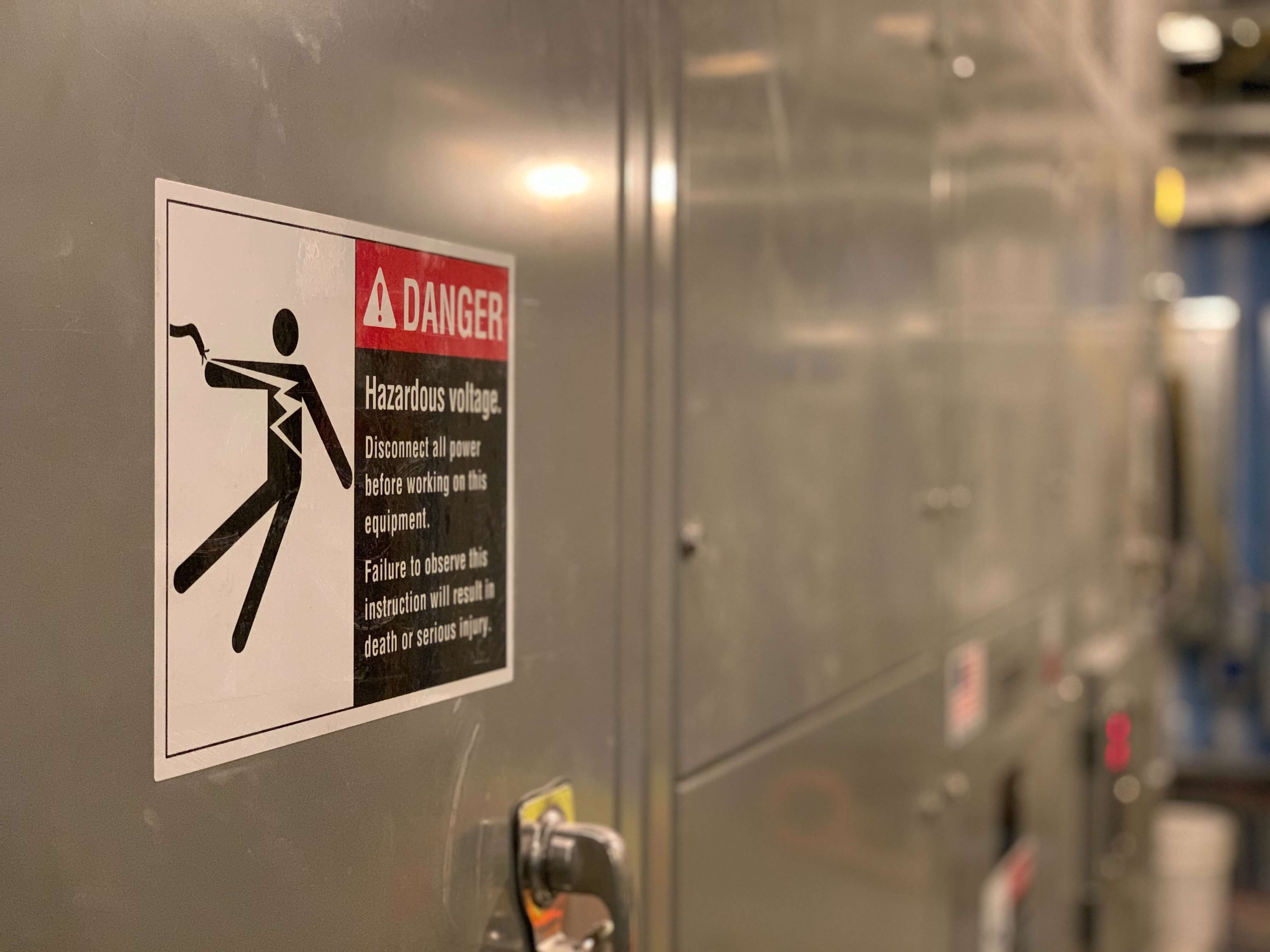It is important to remember that one individual’s common sense, is another’s foolishness.
While some might see wearing protective goggles and gloves as a reasonable safety precaution, others might see it as a needless restriction.
For some, taking regular breaks from working at their desk and their computer screen is a sensible choice, while others will blame their bloodshot eyes, stiff back, and painful neck on a poor night’s sleep and nothing more.
Health & safety is common sense to some, but not to others.
How do we know?
If health & safety truly was just common sense, and every employee had a level head, there would be no accidents to account for. Of course, this isn’t the case.
In 2018, 144 fatal injuries were reported to the HSE.
A further 71,062 non-fatal injuries to employees were reported in the same period, while there was a whopping 0.6 million non-fatal injuries to workers.
Straying away from the ‘safety’ side for just a moment, an increasing focus of health & safety professionals is work-related stress, depression and anxiety.
Aside from the fact that this area is highly complex, it can also be incredibly difficult to spot the signs of an employee or worker who is suffering from poor mental health.
In the same report that found the frightening figures on accidents in the workplace, the HSE also found that there were over 239,000 new cases of workers suffering from a case of stress, depression or anxiety in 2017/18, leading to a loss of 15.4 million working days.
Why should we care?
Aside from the moral responsibility that every employer has to their employees, and the legal ramifications of failing to be health & safety compliant, there are also the massive fines to consider.
In 2018, fines worth £1m or more became the ‘new norm’ in the UK.
Data from the HSE shows a total of 45 cases in 2017/18, where the fine was greater than £500,000. The largest fine made during this period was £3 million, and was given after a fatal fall from height.
However, we can’t blame the majority of workplace accidents on employee ignorance. Especially when the task has a heightened risk.
Health & safety training
For certain job roles, training should be provided. Employees who have not received the correct training may carry our tasks in a dangerous manner purely because they aren’t aware they are being unsafe.
The correct handling of asbestos is not ‘common sense’ and requires training.
The operation of machinery is not ‘common sense’ and requires training.
Handling hazardous substances is not ‘common sense’ and requires training.
Seeking expert advice and training is vital when dealing with health & safety risks, fortunately Croner have a number of training courses and webinars dealing with these issues, find more information on these here.

Related resources
Categories
- Business Advice
- Culture & Performance
- Disciplinary & Grievances
- Dismissals & Conduct
- Employee Conduct
- Employment Contracts and Documentation
- Employment Law
- Employment Rights Bill
- End of Contract
- Equality & Discrimination
- Health & Safety
- Hiring and Managing
- Leave & Absence
- Managing Health & Safety
- Moving
- Occupational Health
- Pay & Benefits
- Recruitment
- Risk & Welfare




